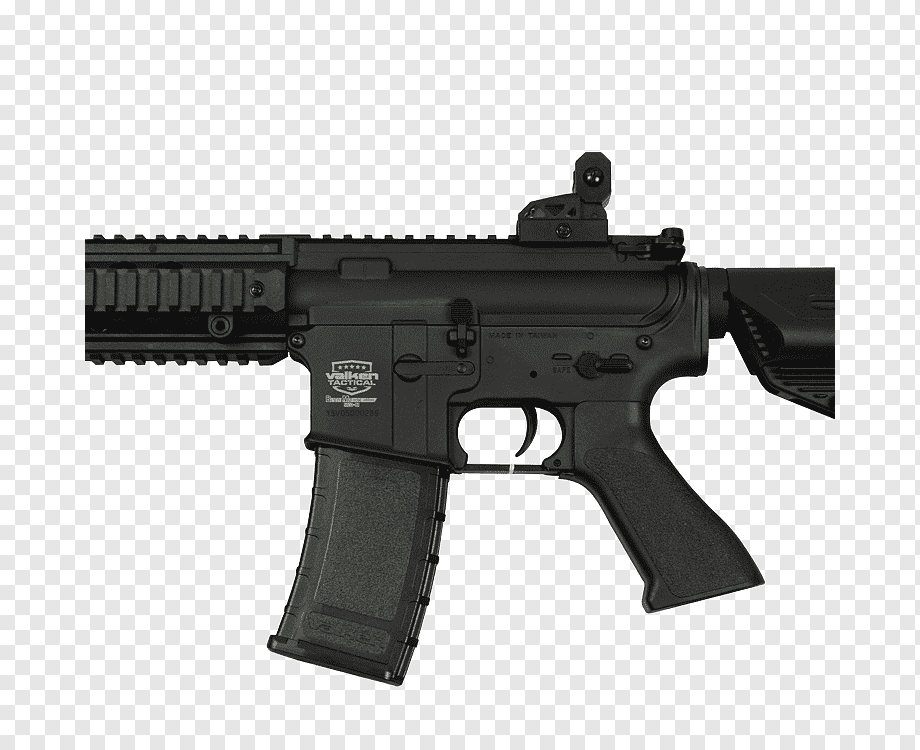
The National Firearms Act (NFA) was basically released in 1934 beneath Main executive Franklin D. Roosevelt’s control as being a response for the expansion of challenging crime measures committed with firearms. The act was implemented with the aim of regulating and manipulating the deal, management, and shift of particular firearms and components regarded too harmful for group use. Over time, The National Firearms Act has become subject to quite a few amendments and alterations to include a larger variety of firearms. On this page, we will dive on the essentials of your National Firearms Act, just what it really deals with, and how it impacts tool administrators and vendors over the united states of america.
1. Exactly what is the National Firearms Act?
The national firearms act (NFA) is really a national rules that manages distinct firearms and bonuses which can be thought to be too risky or are considered military services- and regulations-enforcement degree. The act was launched in 1934 as being a laws aimed at curbing legal offenses involving utilizing distinct firearms. Several of the firearms and add-ons controlled with the NFA contain speedy-barreled rifles, quick-barreled shotguns, equipment weapons, harmful merchandise, suppressors, and any other weaponry (AOWs).
2. NFA Restrictions
Under the NFA, pistol customers and stores be forced to pay a tax and send a software about the Bureau of Liquor, Cigarettes, Firearms, and Explosives (ATF) before they may purchase, swap or create any one of many aforesaid firearms and accessories certified through the NFA. NFA taxation are gathered with the National Firearms Act Stamp (NFA Stamp), which men and women must get connected to the applying develop develop well before submitting it to the ATF. Men and women also need to undertake history record assessments and send out fingerprints contained in the software program procedure. By using these rules, the NFA aspires to keep up tabs on who has firearms and add-ons that current a large hazard to community protection.
3. NFA Exemptions
Its not all the firearms and extras come under the legislation inside the National Firearms Act. For example, firearms that are typically utilized for sporting reasons, such as shotguns, rifles, and handguns, usually do not call for an NFA stamp or tax before receive or swap. In addition, vintage firearms (made well before 1898) and firearms produced for army use can also be exempt in the NFA legal guidelines.
4. NFA Influence on Firearm End users and Sellers
The National Firearms Act directly has an effect on tool owners and merchants by regulating the purchase, management, and transfer of distinct firearms and accessories viewed as too hazardous for open public use. Just before acquiring any handgun accredited from the NFA, the patient must send an application kind (ATF Variety 4), pay out a fees, go through fingerprinting, and move forward through a comprehensive back drop have a look at. Weapon dealers also have to encounter detailed National Firearms Certification (FFL) research and adhere to all authorities and state regulations to get qualified to promote NFA-certified firearms and additional items.
The Bottom Line Is:
To sum up, The National Firearms Act is truly a authorities legislation that strives to regulate and manage the promoting, ownership, and move of a number of firearms and add-ons regarded as too dangerous for available general public use. To accomplish this, the NFA requirements tool owners and dealers to distribute an application type (ATF Produce 4), pay a income taxes, proceed through fingerprinting, and carry on through an intensive track record analyze. Although the NFA has encountered some critique over the years, they have proven to be a powerful control in curbing the expansion of brutal crimes connected to firearms by regulating the transaction, possession, and move of firearms and parts that can cause an important threat to general public defense.

